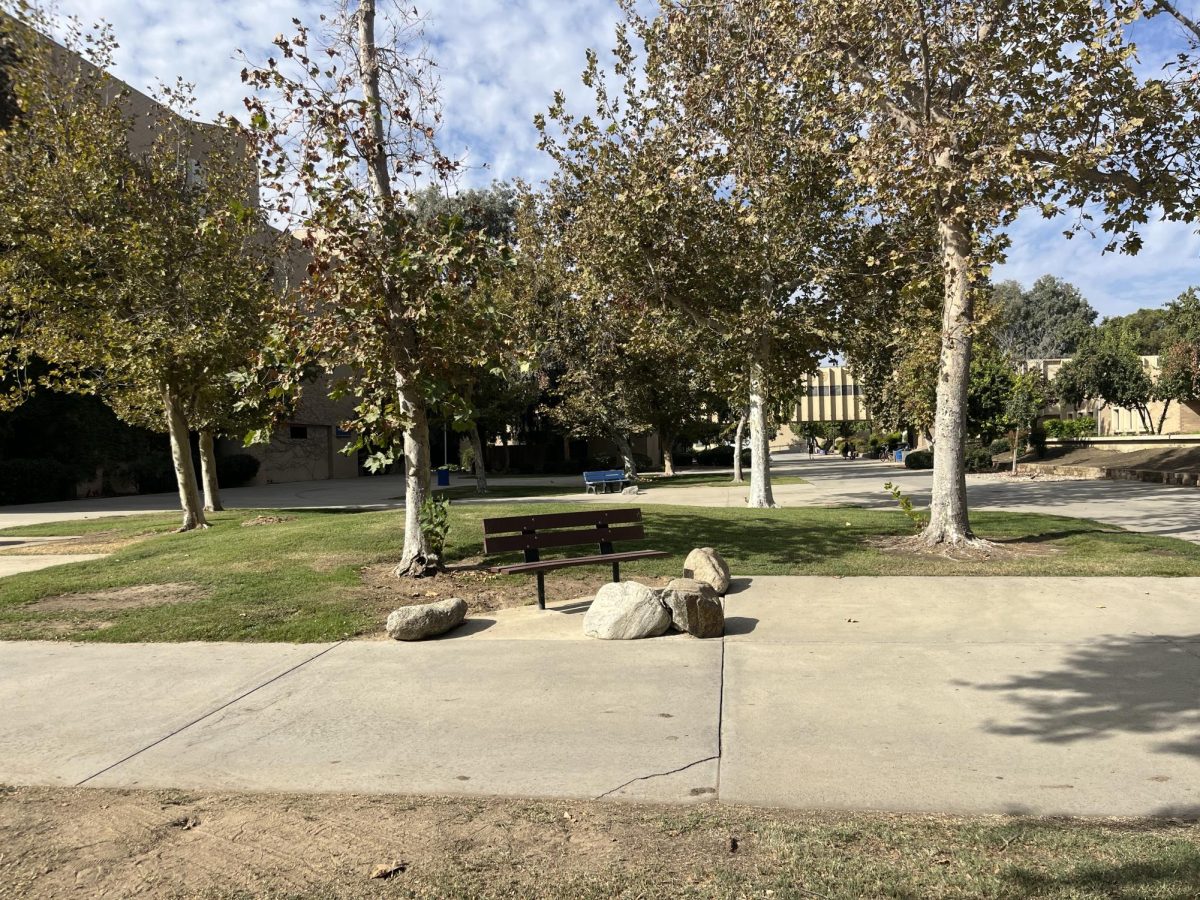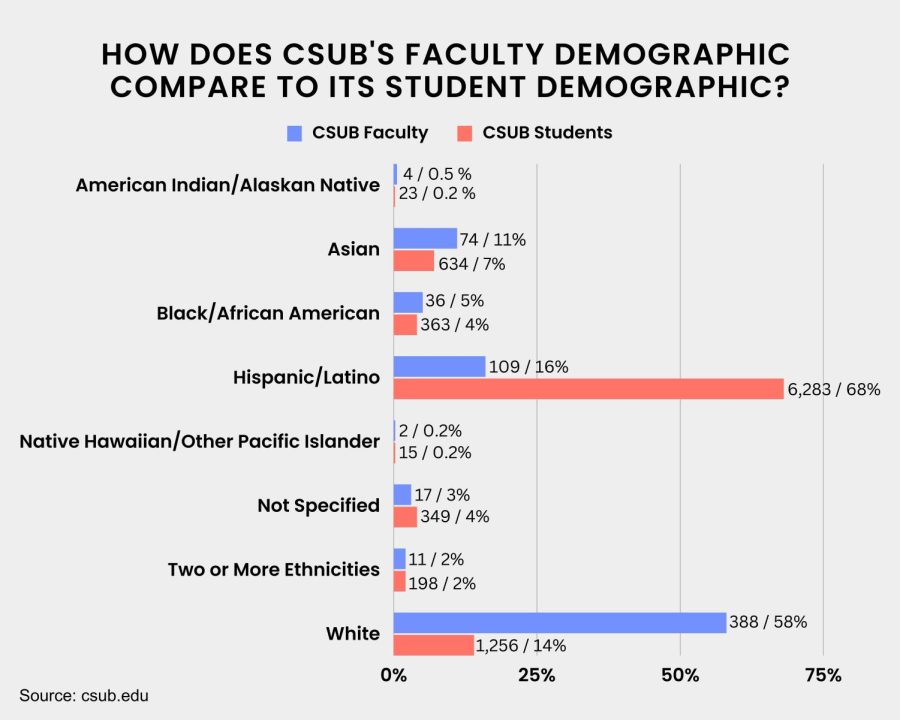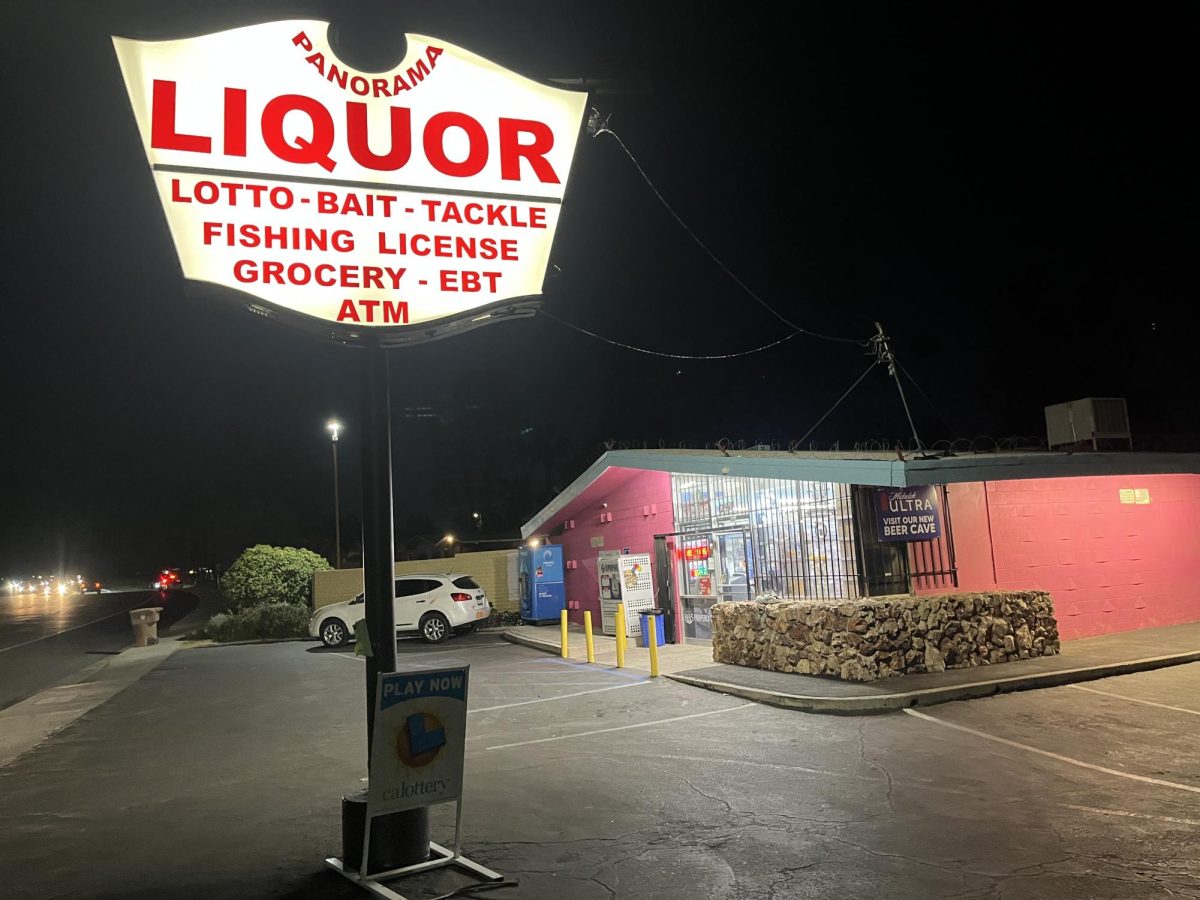As journalists, it is our obligation to our sources, our audience and our professional ethics to both accurately and thoroughly report news as it happens.
It would follow, then, that our sources, in the interest of facilitating factual reporting, would present to us full access to relevant information regarding the subject of reporting. However, in recent reporting on CSU Bakersfield’s student government, we have encountered obstacles in requests for information from our student government – and while these obstacles ultimately have not compromised the integrity of our reporting, they threaten our ability to report on issues in full detail.
As has been reported, tensions within ASI center on Ricardo Perez, vice president of external affairs, and his potential. In last week’s ASI meeting, Director of Legislative Affairs Mercedes Macias challenged the board’s treatment of Perez and said she heard rumors of a removal vote. This week, we learned that Perez received a letter of removal from ASI President Derek Stotler on April 2. While Stotler, Perez and Executive Vice President Mike Kwon were all forthcoming in their interviews on the tensions, both sides declined comment on multiple occasions regarding the specific nature of some of Perez’s charges, saying these issues have previously been discussed in executive meetings.
Executive meetings have both agendas and minutes, both of which would be vital documents for accurate reporting. Unfortunately, such documents are not available to the public.
However, more startling was the discovery that minutes and agendas of other ASI-related committees are also unavailable to the public. We see this as a major violation of the spirit of transparency; thus, we urge ASI to release all of the agendas and minutes of ASI-related committees to the public.
From a journalistic standpoint, having access to executive agendas and minutes allows for more accurate reporting as to what specifically was discussed regarding Perez’s status and voting sanctions. This is fundamentally good for the students, who have a right to know what is happening among and to our elected representatives, and the parties involved, such that accuracy and fairness may prevail in our reporting.
From a broader perspective, releasing all minutes and agendas immensely benefits the students. It is in the committees that the language and direction of resolutions – laws that ultimately affect our campus – are determined. It was in the finance committee, for example, that ASI determined they needed an additional $15,000 to fund campus funding requests through the end of the school year, and it was in the executive committee that ASI’s executives decided to bar Perez from ASI-related travel through the end of the school year. As students who vote for these representatives in yearly elections, we have a right to know what is happening within the government we helped form – and by providing access to the critical conversations being held amongst the committees, ASI would be taking a momentous step in embodying the full spirit of transparency.
This is not to say that ASI as a whole suffers from a systemic lack of transparency. We applaud the willingness of Stotler, Kwon, Perez and others to speak with The Runner. Additionally, ASI’s public meeting minutes, agendas and resolutions have been published online in accordance with the Gloria Romero Act, a law that addresses transparency among colleges.
However, as long as ASI-meetings and the documentation of such meetings are allowed to privately exist, there will always be the perception among the campus that our government works in secrecy – that decisions affecting us will be made without our knowledge.
Abolish the means that perpetuate this perception. Make all ASI-related meeting minutes and agendas accessible to the public.







